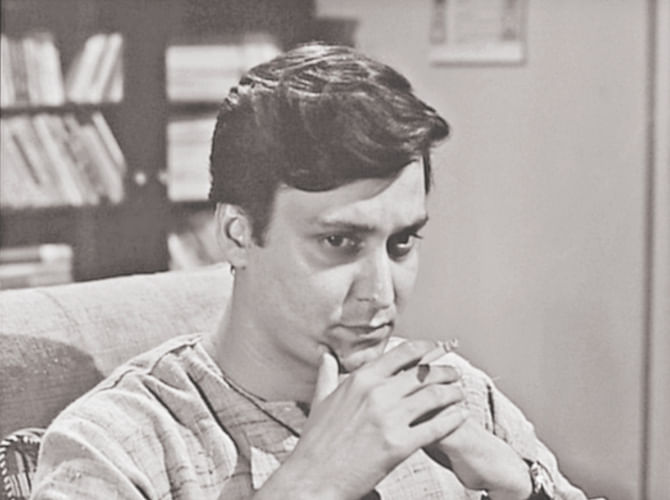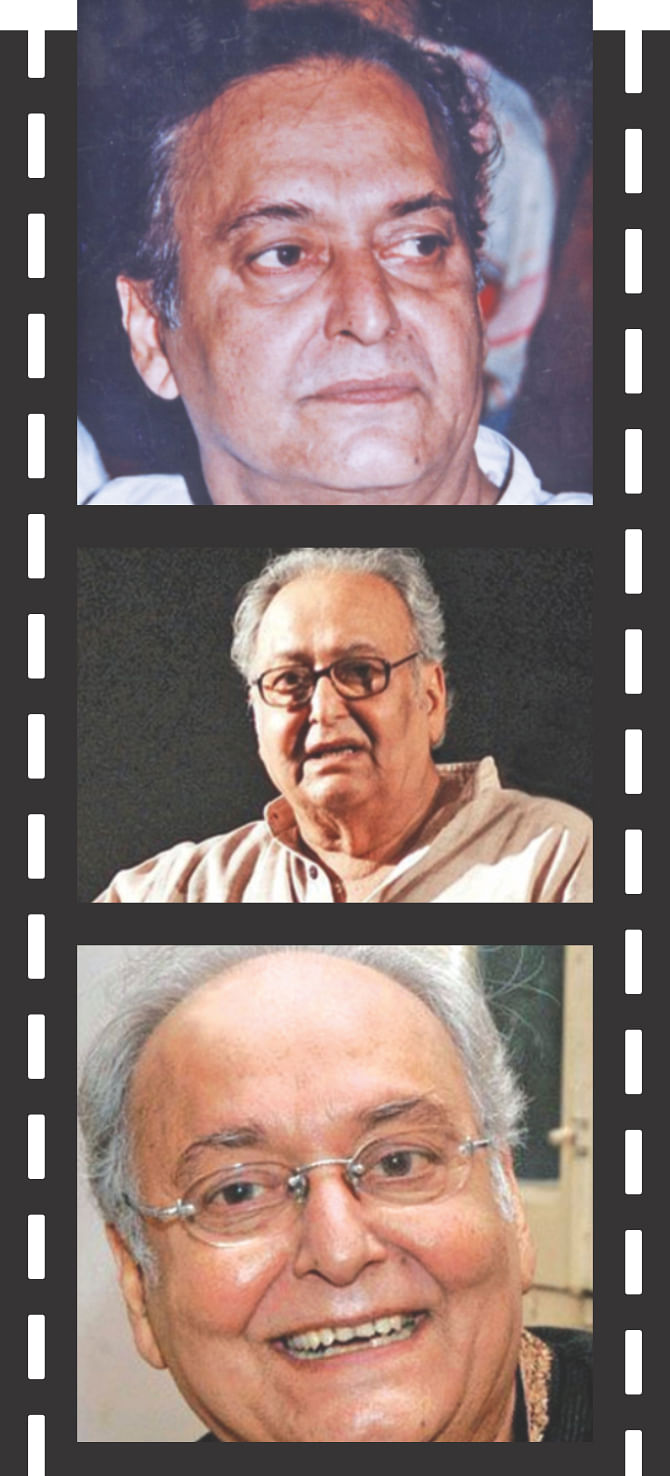Soumitra Chatterjee: Inspiring generations
Soumitra Chatterjee: Inspiring generations

Soumitra Chatterjee, a living legend of Bangla cinema, turned 81 years on January 19. Born in Krishnanagar, West Bengal, Chatterjee's father and grandfather were actively involved in theatre.
Later, he moved on to Kolkata, and did his graduation in Bangla Literature from Calcutta University. While doing his post graduation, Chatterjee developed a fascination for theatre and appeared in a cameo role in a theatre production.

Later, when he was working as an announcer with All India Radio, he met Satyajit Ray who was casting for “Aparajito”. Ray was looking for new faces, and thought Chatterjee had the right appearance but was too old to play the role of the adolescent Apu. Ray was impressed enough by Chatterjee and two years later approached the surprised latter to play the role of adult Apu. Chatterjee made his film debut in 1959 in Ray's “Apur Sansar”.
From then he never looked back. He went on to become the most popular actor of all time after legendary actor Uttam Kumar with whom Chatterjee had appeared in eight films.
In an interview a few years ago, Soumitra said no other actor in India was as lucky as him. He collaborated in 15 films with Satyajit Ray; some of them opposite Sharmila Tagore.
Chatterjee was featured as Feluda in “Sonar Kella” and “Joy Baba Felunath”, and was the lead actor in “Ghare Baire”.
Chatterjee's story does not end there. As an actor he kept on inspiring succeeding generations. He has a whopping number of credits in his bag; and of them nearly 40 films are memorable.
Besides films, Chatterjee continued acting in Kolkata-based Bengali theatre, and even published over 12 poetry books. Entering the 1980s and 1990s, he started working with contemporary directors, like Goutam Ghose, Aparna Sen, Anjan Das and Rituparno Ghosh, and even acted on television.
He is also a painter, a mentor and a man of great stature to whom the audience and the film fraternity of Bengal is greatly indebted.
Compiled by cultural correspondent